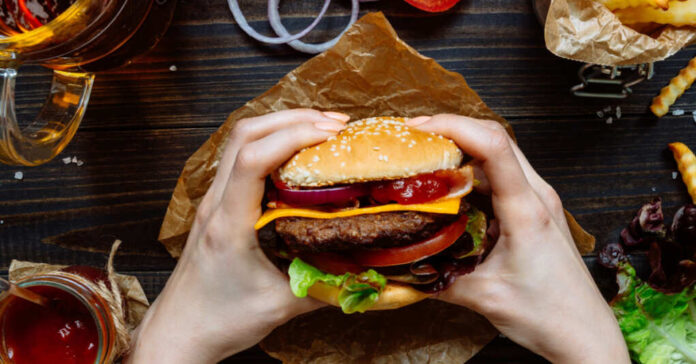
Every May 28 is National Hamburger Day. It’s an excuse to eat burgers and fries, wash them down with a cold milkshake, and watch TV all day. But for how long?
Cattle industry experts say it may only be around for a little longer. That’s because the cost of meat increases as production grows more efficient. They say that this decrease in income has left farmers with fewer resources to feed their cattle or anything else they might produce; some believe this means that hamburgers will soon disappear from our lives entirely.
Research by the U.S. Department of Agriculture proves that the cost of raising cattle is rising faster than production, leaving them strapped to keep prices low and maintain profit margins from their products. Rising energy costs contribute to this price increase, but the biggest cause is technology.
With the rise of mechanization on farms and breeding technologies that can produce more meat from fewer resources, many farmers are doing more with less. This has meant, however, that more of these farmers must resort to large-scale farms for greater efficiency. Technology has meant that they can now sell their products at lower wholesale prices, meaning consumers will have to absorb the cost of their newfound efficiency.
Fortunately for cattle farmers, meat prices are still fairly low compared to many other products. But that may change due to increasing rates of inflation and rising interest rates, which will increase production costs. If all the factors involved unite, some say restaurant owners may be forced to quit offering hamburgers altogether.
“When you consider health care and everything else, you can’t pass up eating a hamburger,” said a cattle breeder who raises Black Angus in Nebraska. “But in the end, it could be a different story.”
To make things easier and more convenient for consumers, restaurants may decrease their offered cuts. This would mean that all customers would have to eat the same cut of meat, which could be a real problem for customers who don’t like hamburgers or those with dietary restrictions. Also, those who enjoy variety may have their choices limited as well.
“With this scenario, consumers may need to find new ways to enjoy their favorite food. They may turn to purchasing meat and making their own burgers,” said a U.S. Department of Agriculture representative who wishes to remain anonymous for personal reasons. “But that still doesn’t mean that you won’t have to pay more for it.”
With prices of beef predicted by U.S. government officials to increase four to five times their current rates by the year 2030, it’s a matter of time before hamburgers start becoming a thing of the past. They may not simply disappear, but they will make many changes before that happens.















